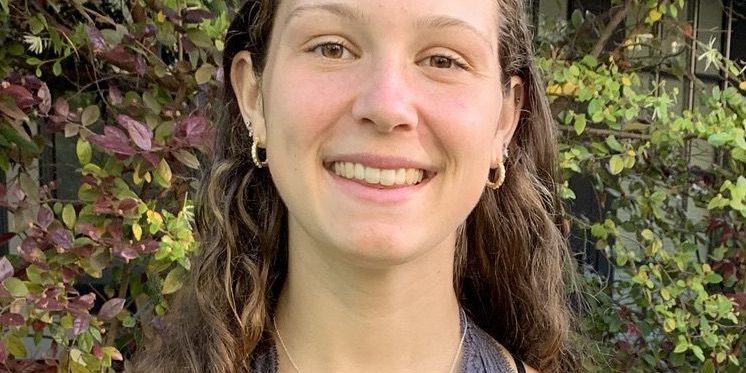Study to pinpoint genes influencing risk of developing eating disorders
Tomorrow (Tuesday, October 13), our University of North Carolina (UNC) researchers will call for more than 6,000 participants aged 18 years and over, with first-hand experience of an eating disorder to enroll in the world’s largest ever genetic research study into three complex and devastating mental illnesses.
The ground-breaking Eating Disorders Genetics Initiative (EDGI) aims to identify the hundreds of genes that influence a person’s risk of developing anorexia nervosa, bulimia nervosa, and binge-eating disorder, to improve treatment, and ultimately save lives.
Our UNC researchers call for study participants will coincide with the release of their survey results examining the impact of COVID-19 on Americans living with eating disorders, in which two-in-three respondents voiced concern for their mental well-being.1
Eating disorders are complex mental illnesses that for some, can lead to severe and permanent physical complications, and even death.2,3 While various studies have explored one’s genetic predisposition to developing an eating disorder, only a handful of the responsible genes have been identified to date, leaving many more to be found.
To hear how cracking the genetic code of eating disorders will improve treatments, and save lives, we encourage members of the media to tee up an interview and/or photo opportunity with one or more of our EDGI research study spokespeople, including healthcare professionals, advocacy group representatives, a celebrity and influencer, and those with first-hand experience of an eating disorder.
Visit our digital media kit – www.edgimediakit.org – to see our spokespeople available, and to learn more.
B-roll (broadcast) vision is also available for download at https://vimeo.com/464100773/35c0fa5552
References
- Termorshuizen, J.D., et al., Early Impact of COVID-19 on Individuals with Eating Disorders: A survey of ~1000 Individuals in the United States and the Netherlands. Int J Eat Disord, 2020.
- National Institute of Mental Health. Eating Disorders: About More Than Food. 2018 [cited Aug, 2020]; Available from: https://www.nimh.nih.gov/health/publications/eating-disorders/index.shtml.
- Fichter, M.M., et al., Long-term outcome of anorexia nervosa: Results from a large clinical longitudinal study. Int J Eat Disord, 2017. 50(9): p. 1018-1030.







